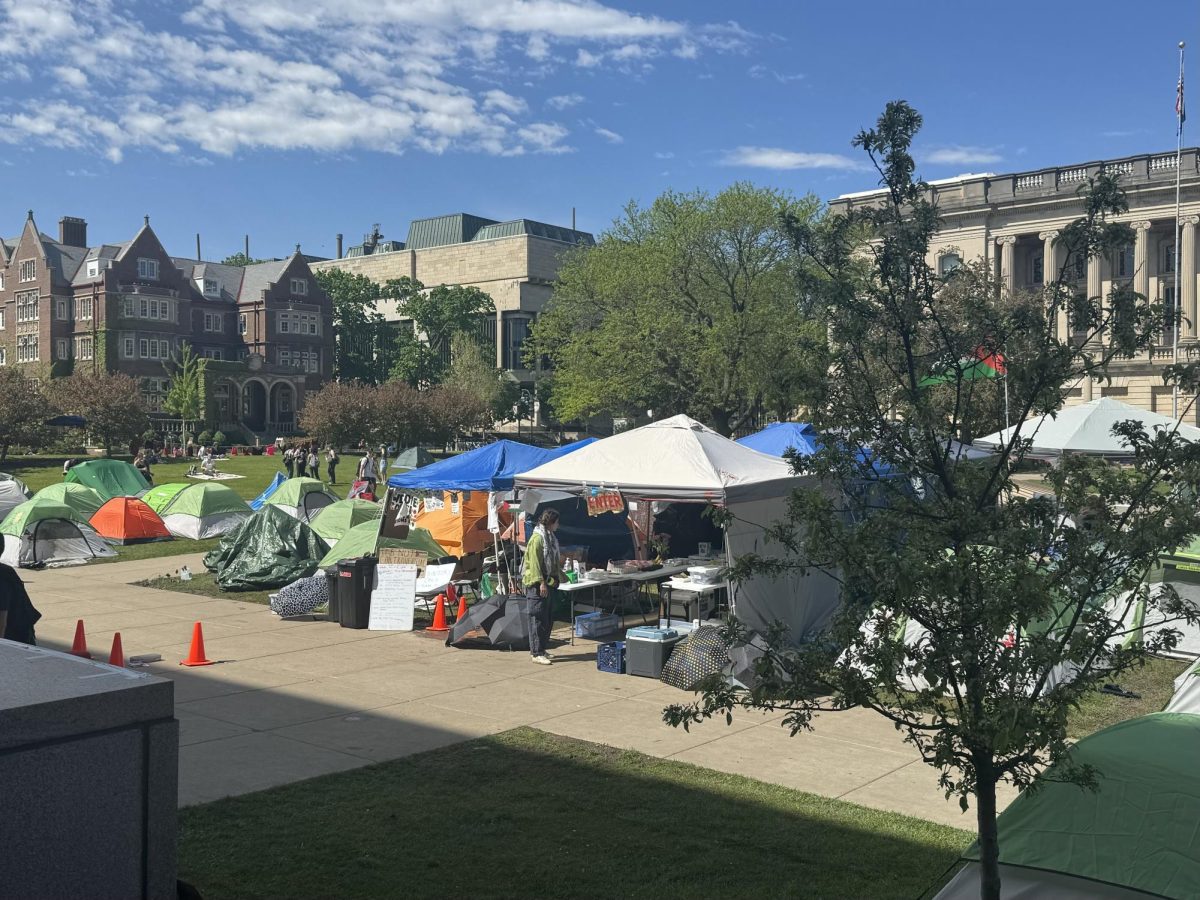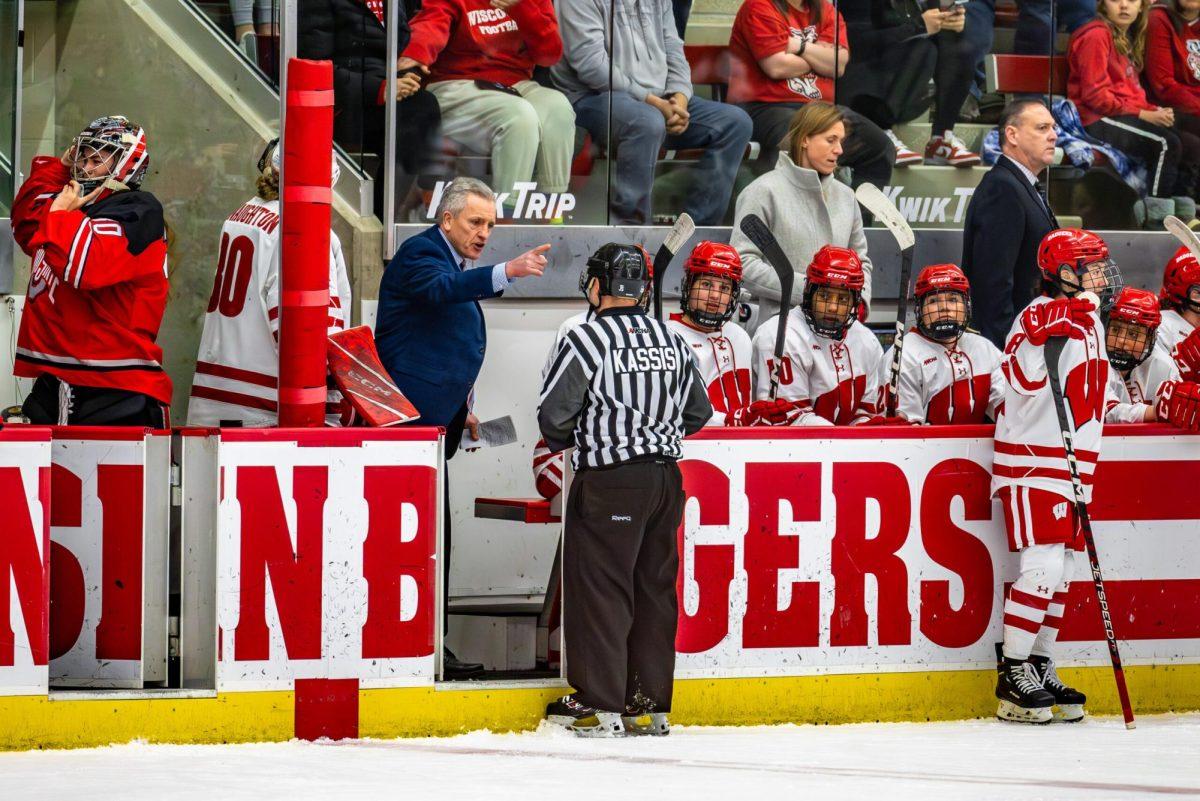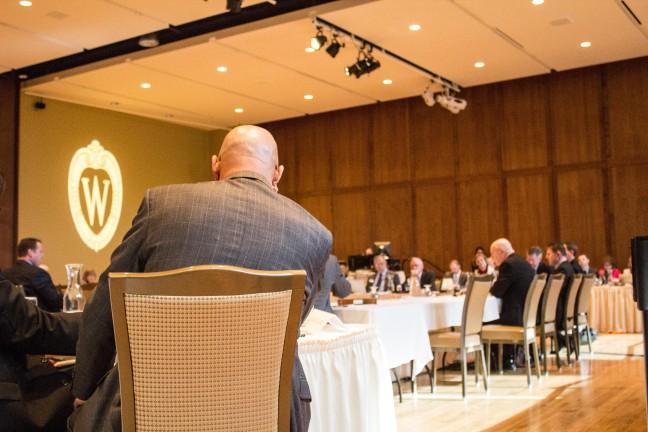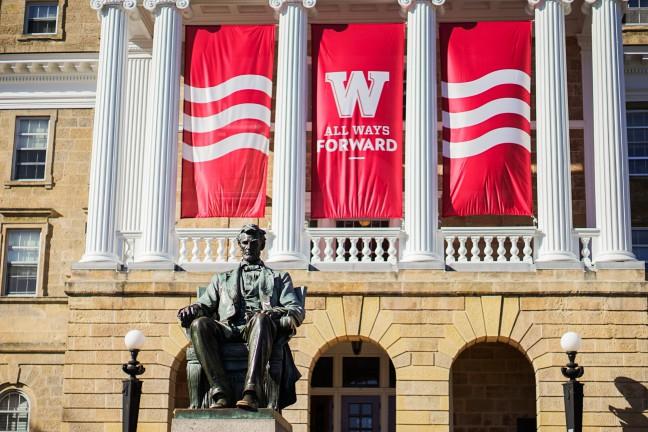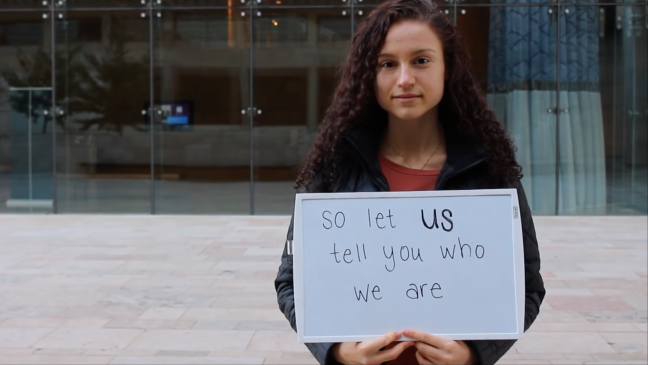Reginald Young’s April 16 editorial “Law says Adidas did not violate UW contract,” is filled with oversimplifications and factual inaccuracies. First, Adidas is unequivocally in violation of its contract with the university.
The Licensing Agreement that Adidas agreed to includes Labor Codes of Conduct, which stipulate certain labor standards brands that produce UW apparel must adhere to. Young’s main argument is that Adidas is not responsible because the worker abuses were committed by its subcontractor. The first section of the first page of the codes states, “The term ‘Licensee’ shall for the purposes of the Code, and unless otherwise specified in the Code, encompass all of the Licensee’s contractors, subcontractors or manufacturers which produce, assemble or package finished Licensed Articles for the consumer.”
Furthermore, “Licensees shall provide legally mandated benefits.” Taking these two stipulations, it is clear Adidas is responsible for its subcontractors. In this particular context, they are specifically responsible for ensuring that the $1.8 million in owed severance pay is allotted to the workers.
These sections exist for a reason. It is rare that brands like Adidas own their own factories. Most subcontract production to a variety of factories with little to no accountability for the conditions there. Universities adopted the codes specifically to apply to all facets of the supply chain and to combat this problem. Furthermore, it is incorrect that Adidas has no control over its subcontractors, as Young implies. Subcontractors depend on the business they get from Adidas, and in order to compete they have to conform to standards defined by brands. Adidas has significant influence over its subcontractors, and if they wanted these workers to get paid they could do so tomorrow.
Young’s second point that Adidas stopped doing business with the PT Kizone factory before violations occurred is also false. Workers in the factory stopped receiving mandatory compensation by Sept. 3, 2010 and stopped receiving pay by Jan. 2011. The factory closed in April 2011. According to Adidas, it was still involved in the factory at the time of closure, leaving seven months between when the first violations occurred to the end of Adidas’ relationship with the factory.
Third, the assertion that terminating the contract with Adidas would not result in workers being paid is also false. Our goal is for the workers to be paid, not to destroy Adidas. However, as past examples have shown, putting financial and public pressure on these brands through threatening contract termination is often the only option available. As reported by The New York Times in the 2009-2010 Nike case, Nike owed workers in Honduras $2.5 million. They refused to pay, so Wisconsin and two other universities ended their relationships with the company, resulting in the workers being paid the full amount.
In contrast, when The Badger Herald reported in 2007 that Adidas refused to pay workers in El Salvador nearly $900,000, Wisconsin entered into talks with Adidas, resulting in Adidas only paying $5,000. As history demonstrates, the most effective tool we have to hold Adidas accountable is to leverage our contract. But just as important is the question: Why would our university want to do business with a company that refuses to respect its contract with us? As Badgers, we should all be concerned that by not taking a harsher stance on Adidas’ violations, we are accepting and supporting its actions.
The overarching conclusion in Young’s piece is that we, the “general public,” apparently “have no clue what the details of the situation are.” This is yet another false claim. First, we are acting on information compiled by the Workers’ Rights Consortium, the UW’s exclusive monitoring agent, tasked with evaluating brand compliance with the Codes. Second, we are acting on determinations and explicit recommendations made by the Labor Licensing Policy Committee, the shared governance committee tasked with advising the Chancellor on sweatshop issues. This committee is the central body on sweatshop issues because it is composed of experts on the issue, including professors who have literally written the book on sweatshops.
We are the Student Labor Action Coalition and we have been successfully pushing for workers’ rights for the past 19 years. We welcome students who would like to learn more about this issue or get involved. We meet every Thursday at 7 p.m. (TITU).
Jonah Zinn ([email protected]) is a senior majoring in history and political science. He is a member of Student Labor Action Coalition.




